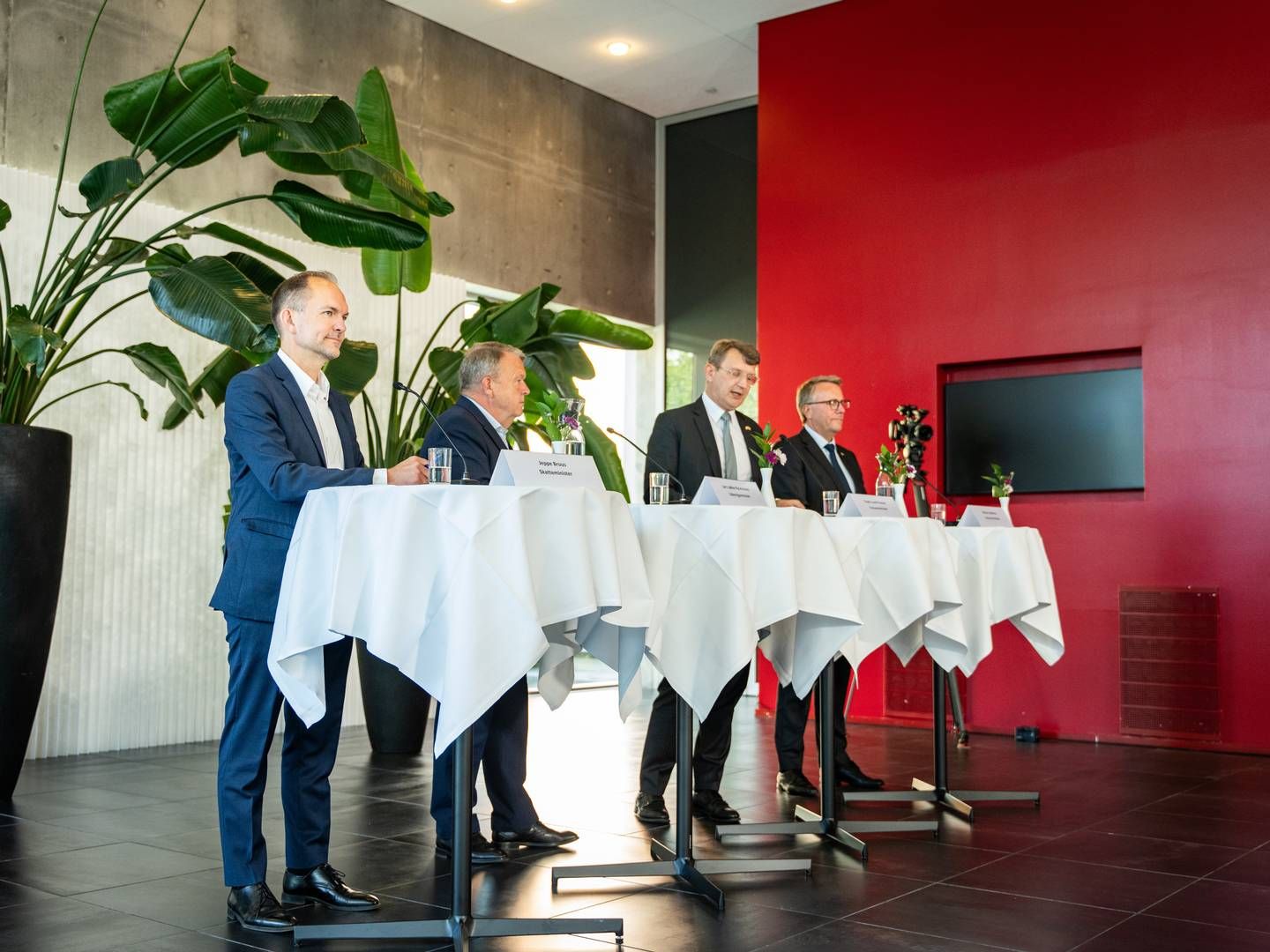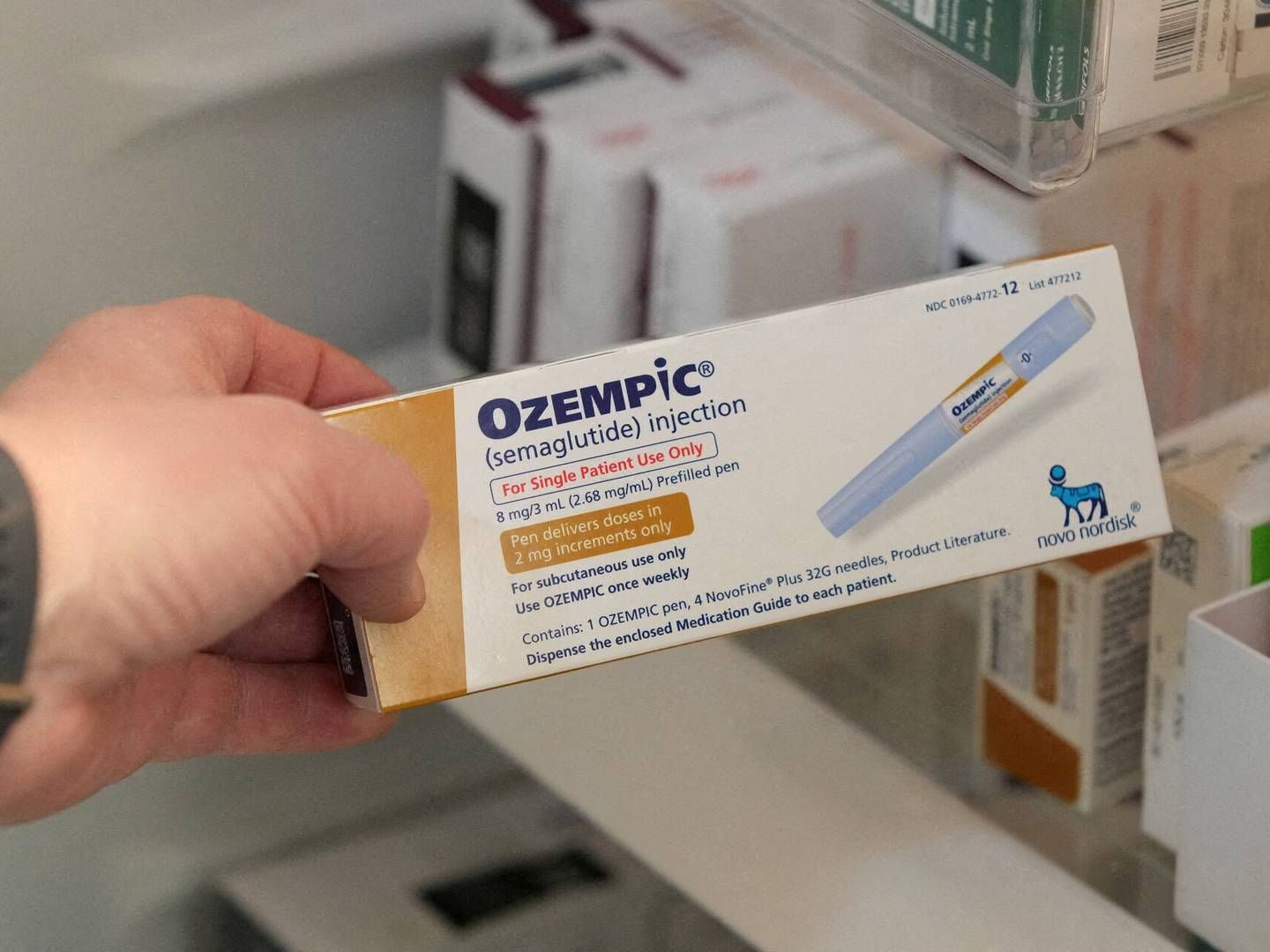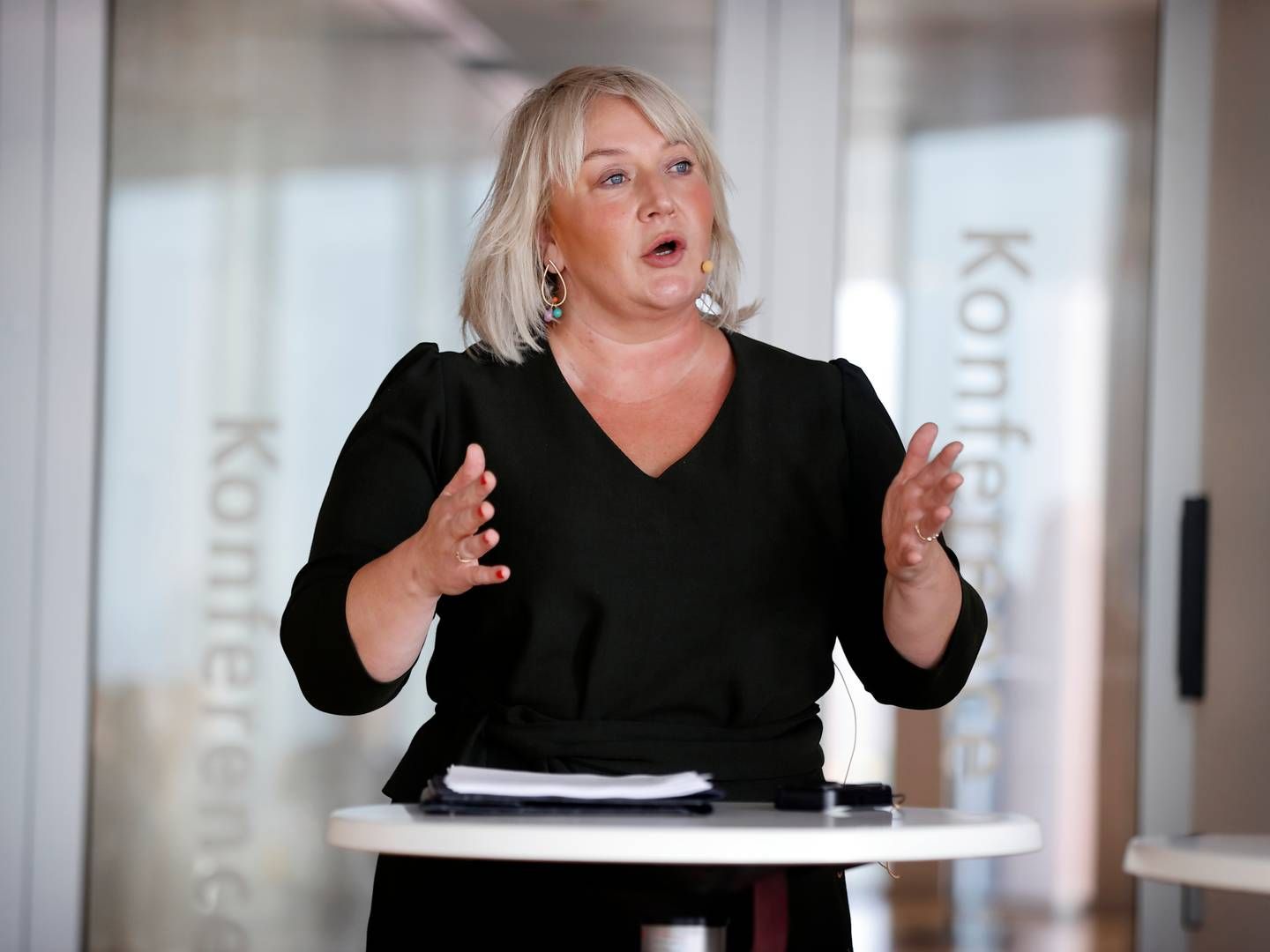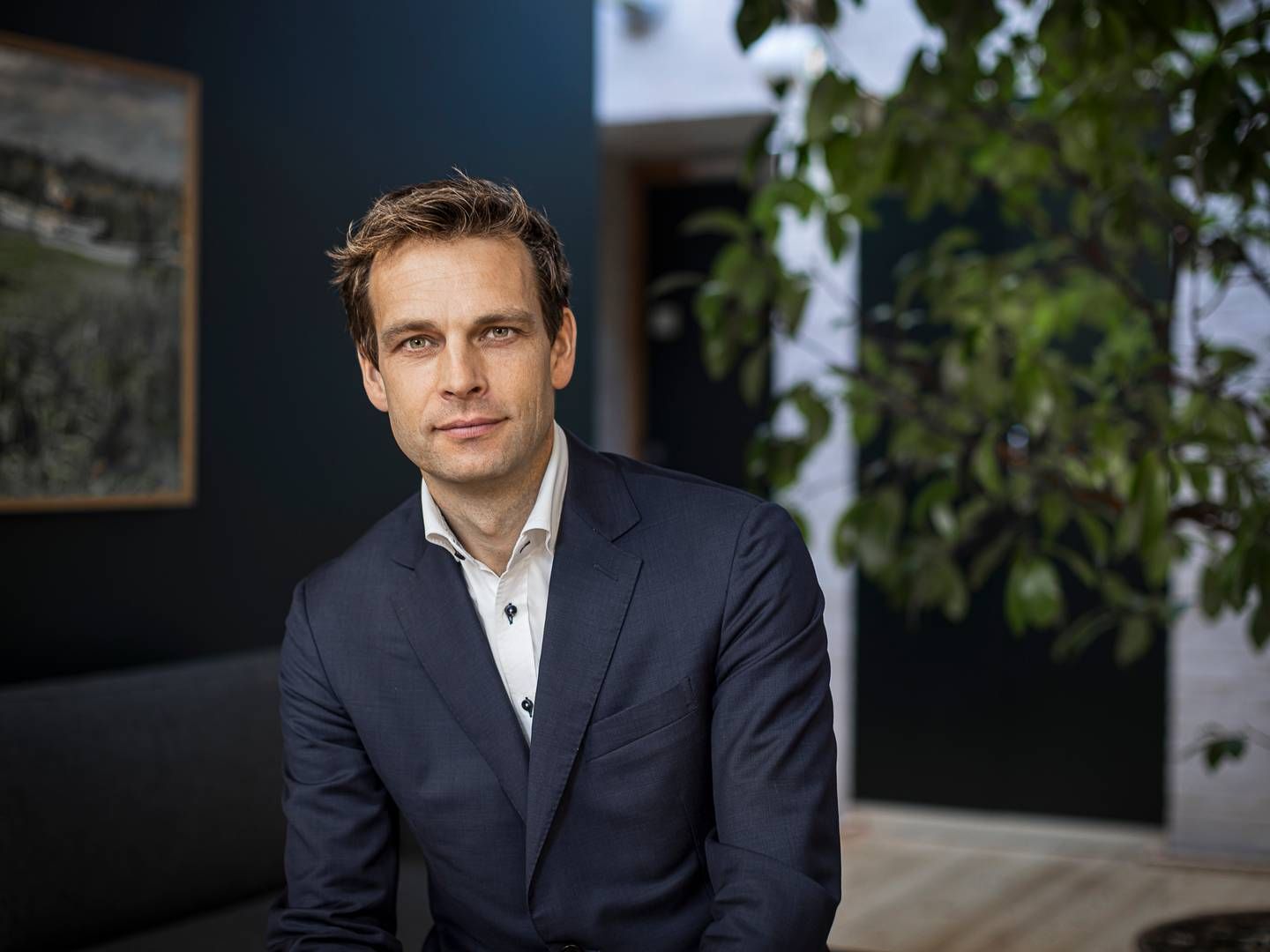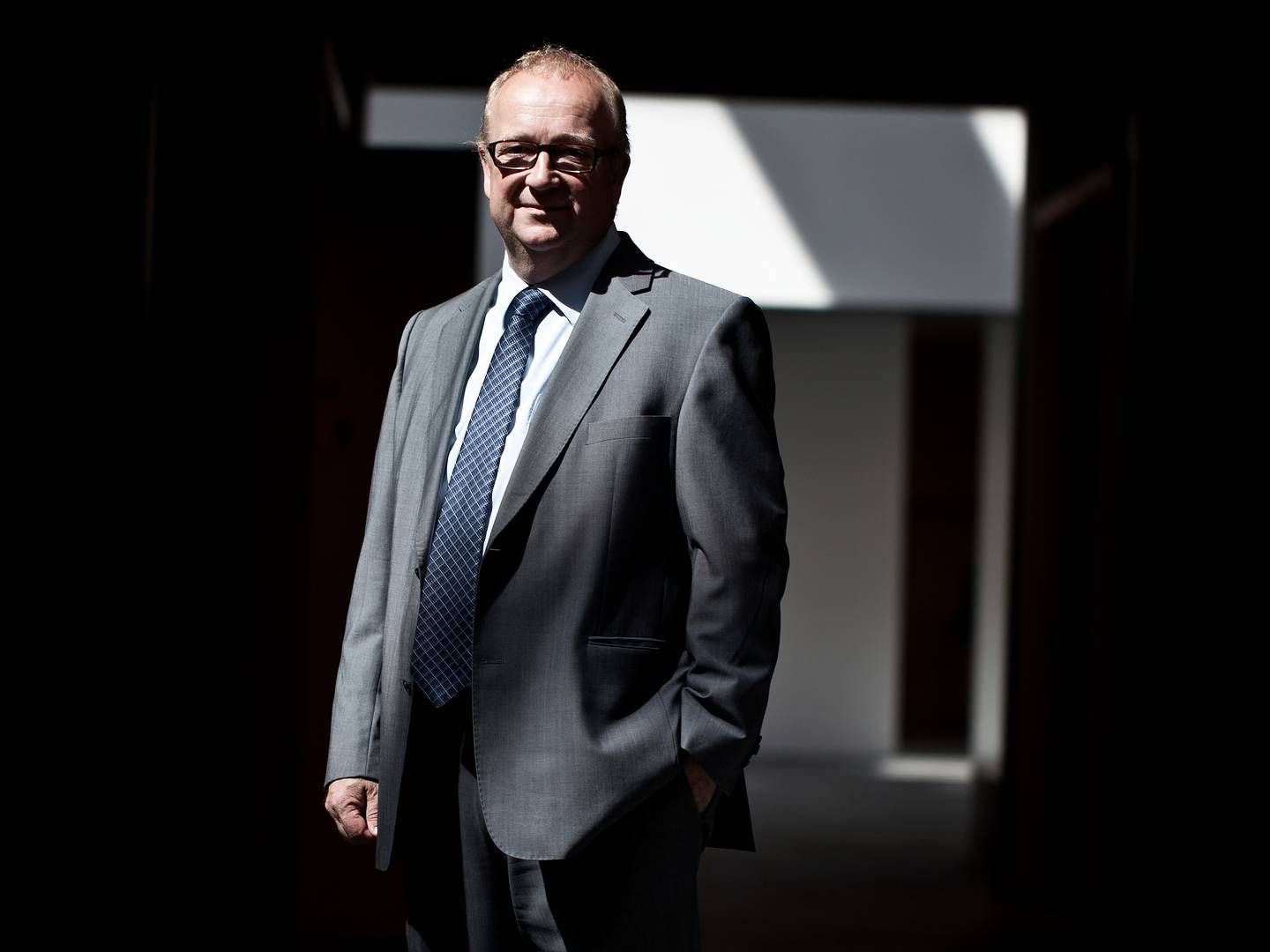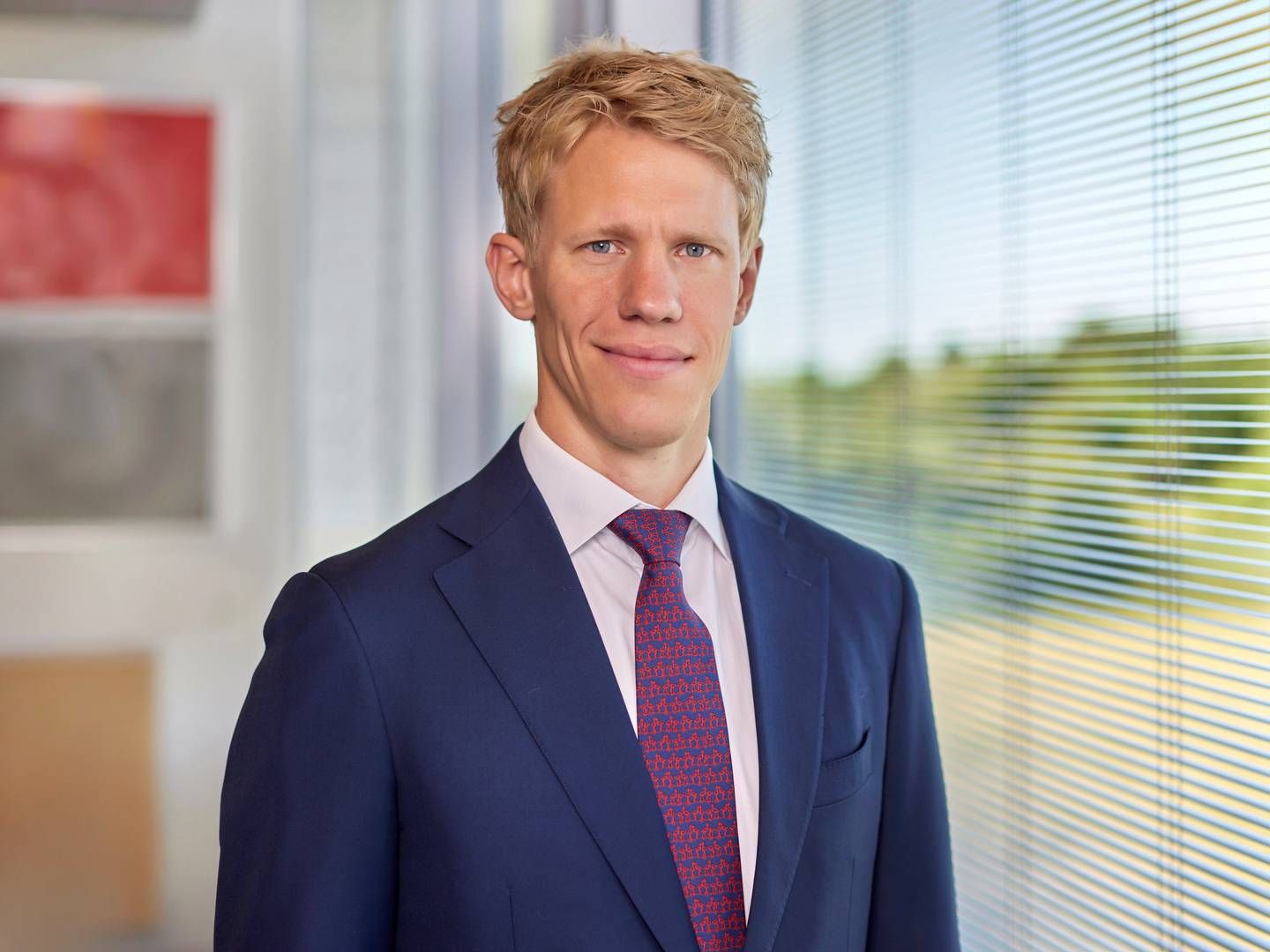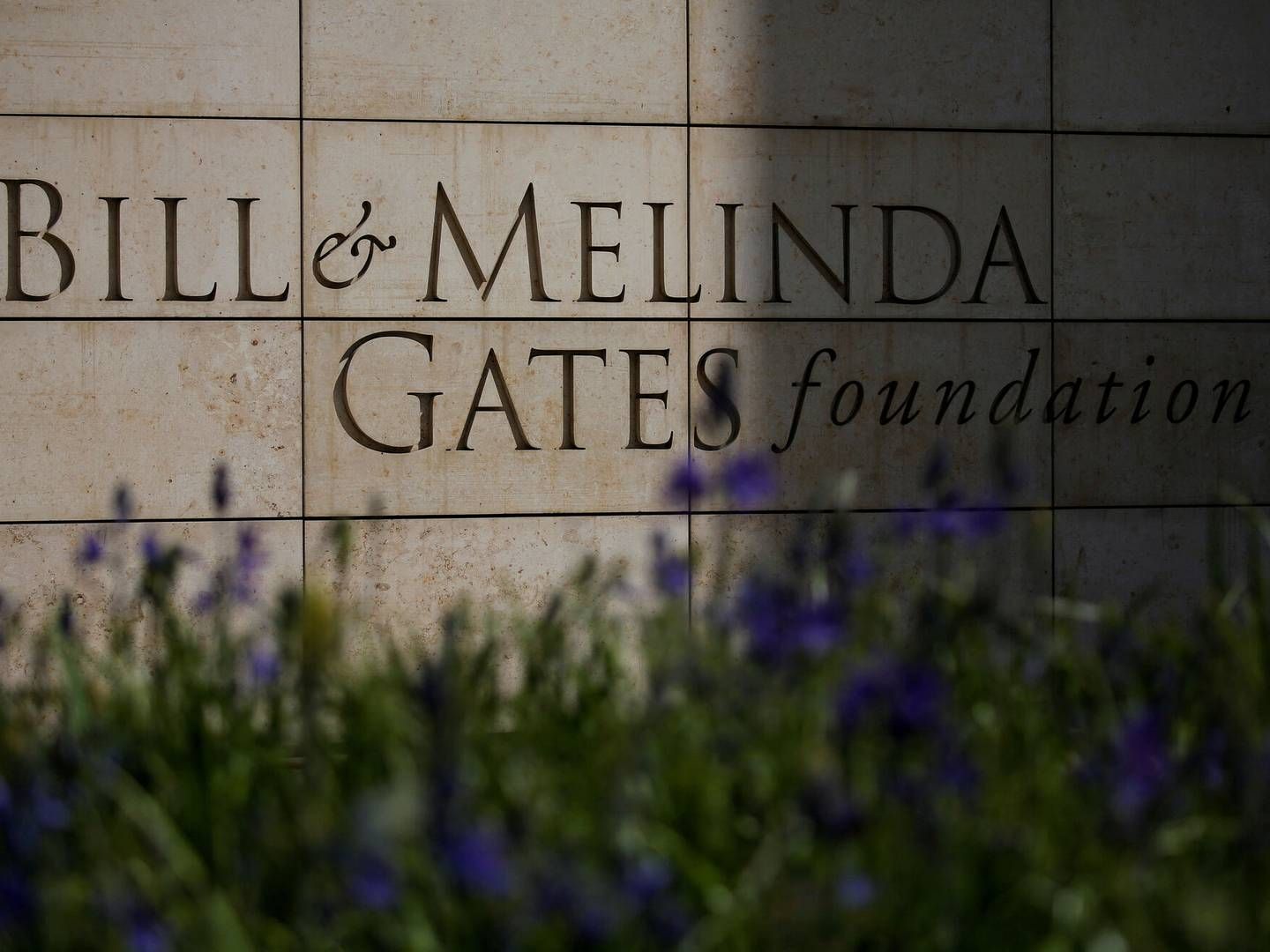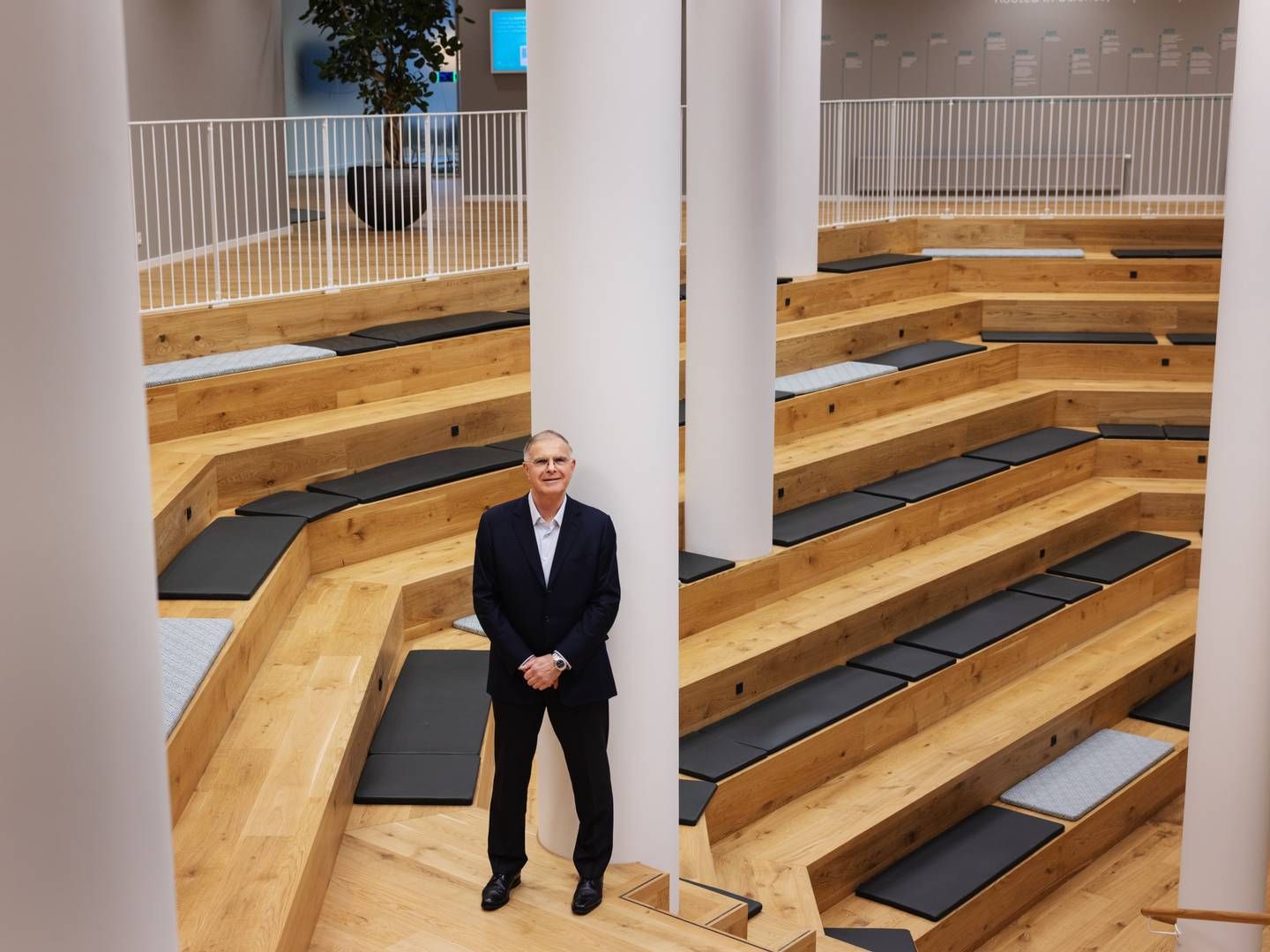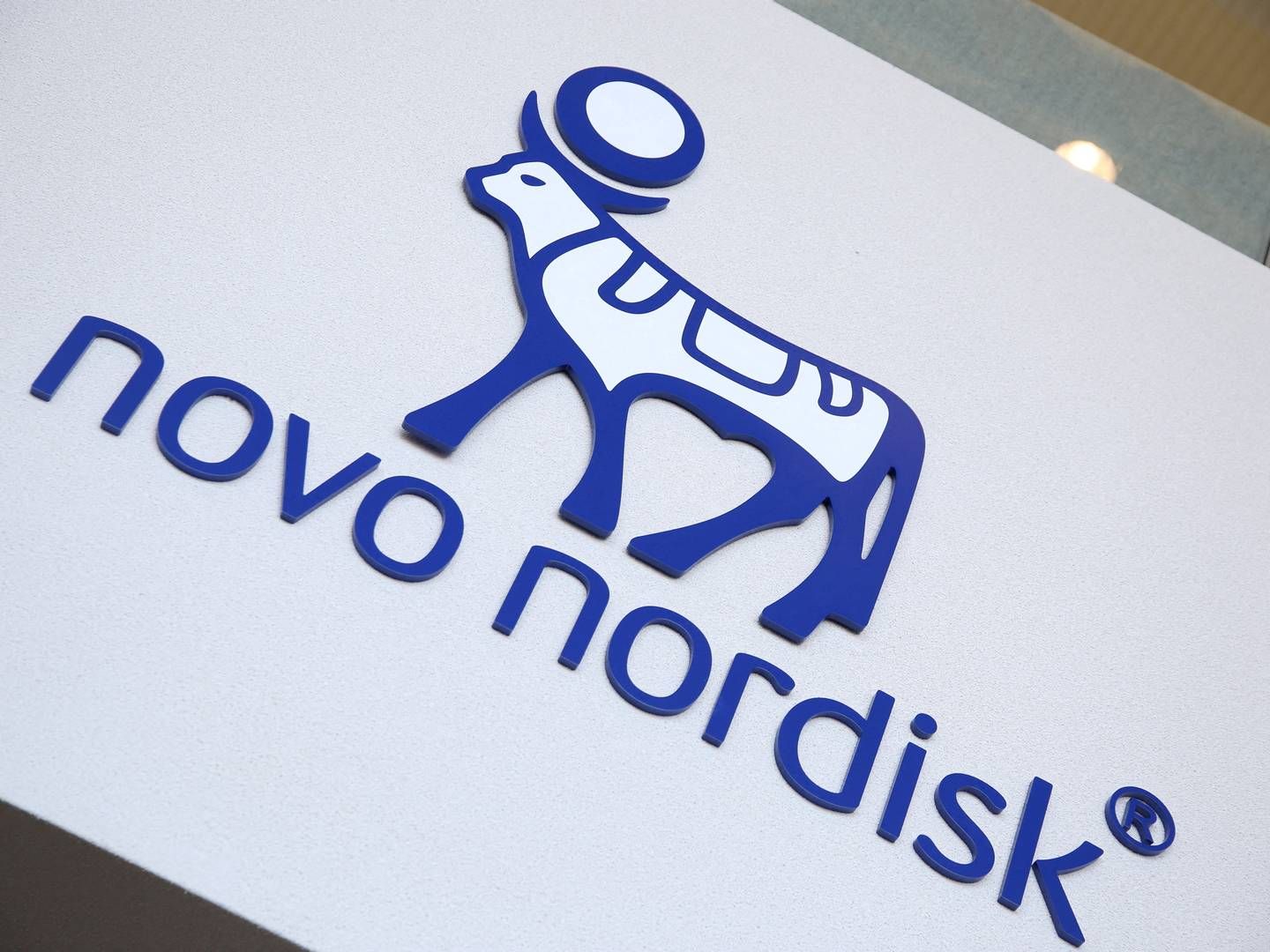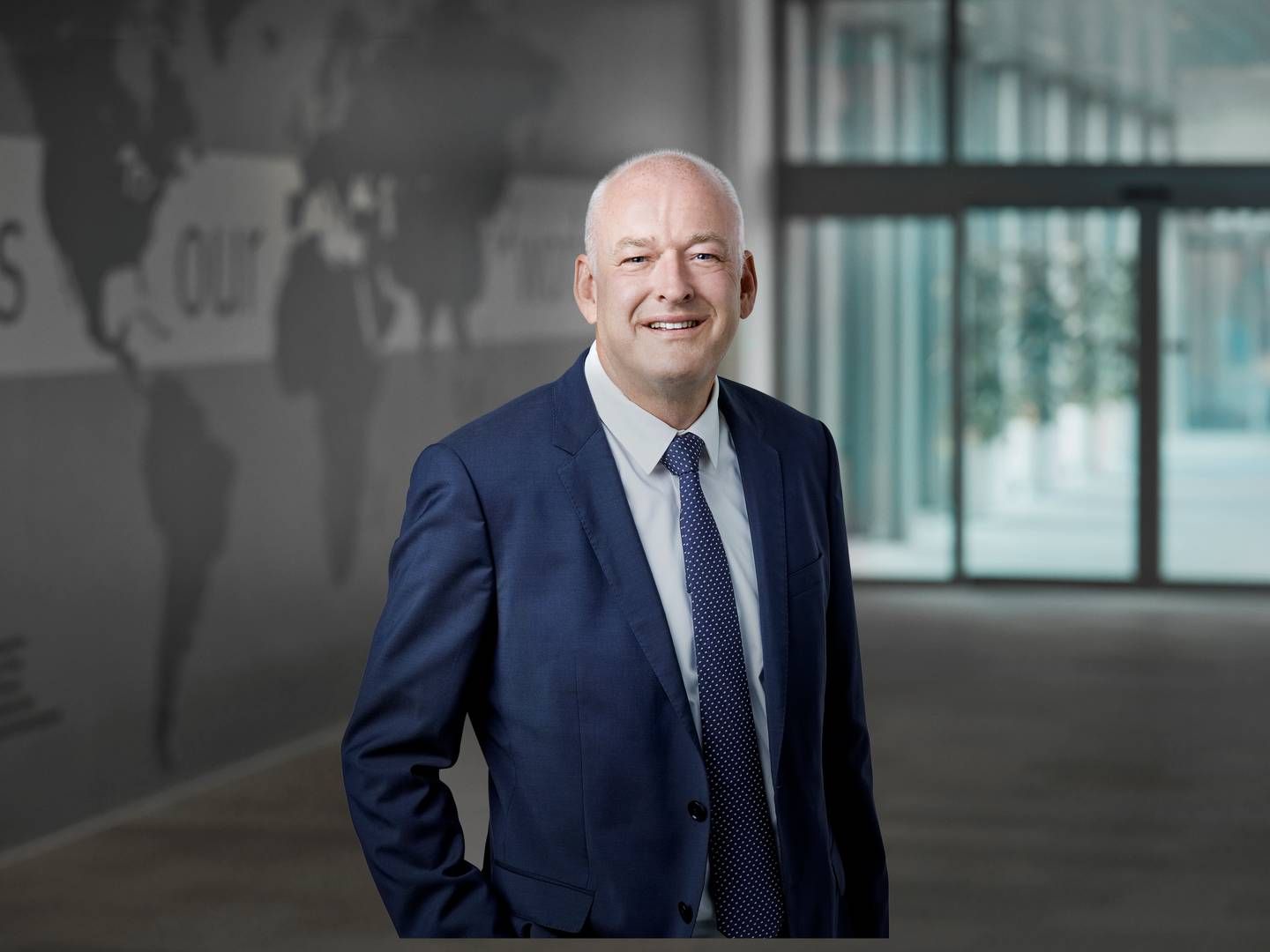Amplifon in search of German pole position
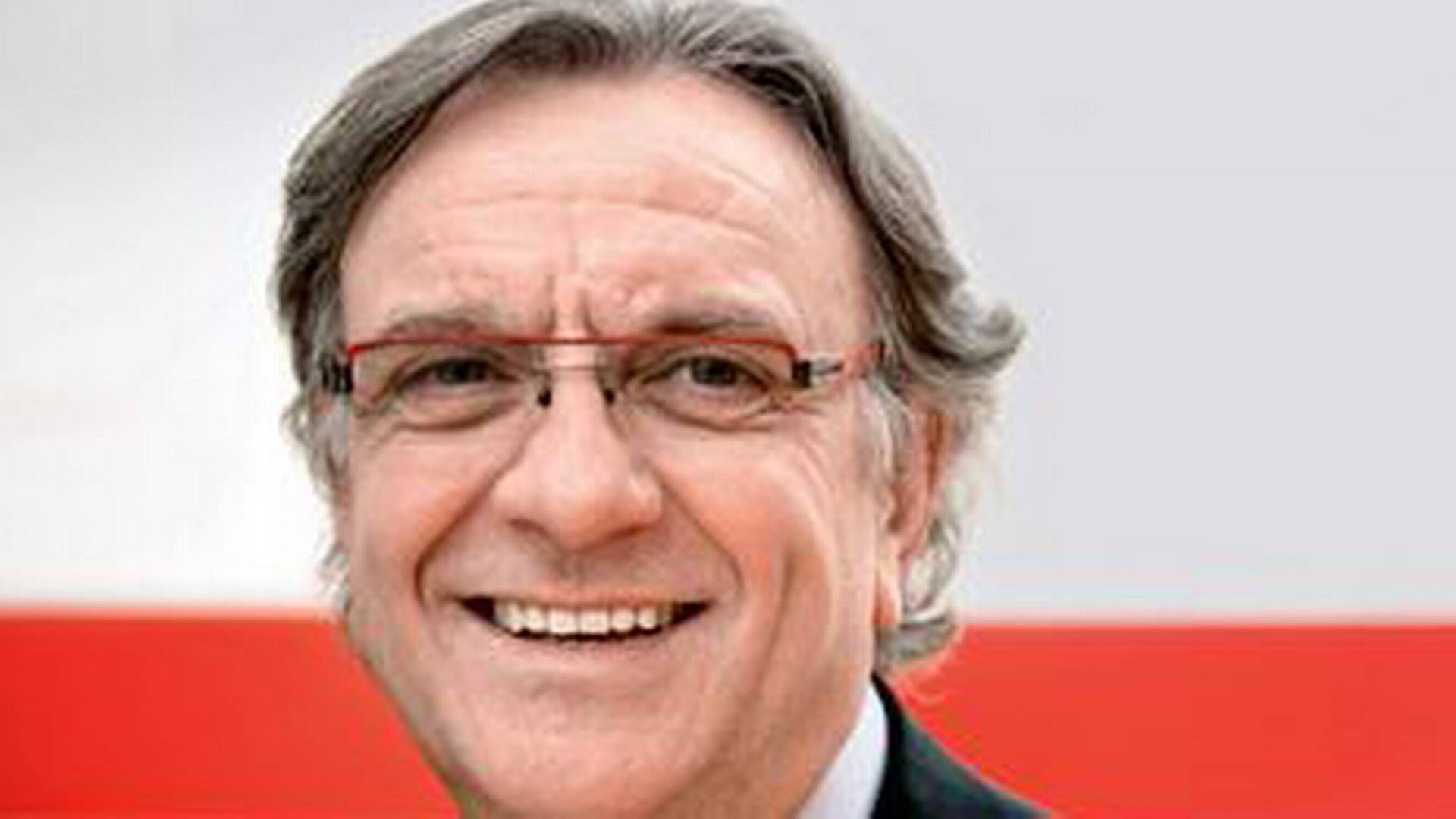
MILAN
While the battle for control of the global retail market for hearing aids is raging, the CEO of the world’s largest dealer stresses that his sight is mainly set on the German market, where market shares must be conquered and the first negotiations with interested parties are already underway.
“Germany is our number one priority. It’s the second largest market in the world and we are too small in Germany, even if we are currently doing extremely well,” CEO Franco Moscetti tells Medwatch in an interview at the company’s headquarters in the Italian city Milan.
Amplifon’s share of the German market is only about 3%, while it – according to its own information – accounts for 41% of the market in Italy, 34% in the Netherlands and double-digit market shares in a number of other countries. Amplifon sits on 9% of the global market.
"We have a lot of negotiations in progress, because the German market is one of the most fragmented markets around the world. We are number three on the German market. Number one is Kind, number two is Geers, and they are not for sale. That’s why our focus is on small chains at a regional level.”
The world’s largest dealer
The Italian company is the world’s largest retailer of hearing devices, which it buys from manufacturers like William Demant, Widex and especially GN Resound. But all of the so-called Big Six on the global market supply to Amplifon to some extent. Aside from the above-mentioned Danish companies, the Big Six also includes Sonova of Switzerland, Siemens of Germany and US-based Starkey.
The company has made massive investments in the retail sector in recent years, now owning about 3,500 stores. The company now operates in 21 different countries and revenue landed at EUR 828.6 million in 2013. The bottom line, which was negatively affected by reimbursement issues in the Netherlands, foreign exchange rates and extraordinary financial costs, came in at EUR 23.4 million.
Clusters
The Amplifon CEO says he has divided the global market into three clusters. In cluster number one are the countries in which the company has already achieved what it wants in terms of size of the market and size of the business or market share, the CEO says. This cluster includes countries such as Italy, the Netherlands, Australia and the business unit Miracle-Ear in the US.
Germany is located in cluster number two:
“With the current level of fixed costs in Germany, I could manage a much bigger business and improve profitability,” Franco Moscetti says.
High-potential market
In the long run, the company will turn its attention to countries like India, Turkey, Poland and Egypt.
“These are markets with the right level of potential, but which are absolutely under-penetrated, where we have to invest over the next three to five years. Because only in three to five years will it be possible to achieve a good return on the big investments we are making now.”
Moscetti adds that the company’s primary goal on each market is to grow organically, that is, through the current business and not by way of acquisitions. But he will not rule out the possibility of making acquisitions on these markets.
Prefers India
How do you see possibilities in growth markets?
“We are now working with a hundred shops in India. We opened some shops and we also bought shops from GN Resound. The Indian market is absolutely under-penetrated. We need time to achieve the right size in India. We prefer to invest in Germany over India in the short term, because – unlike others who perceive it as a threat – we see a mature market as an opportunity.”
You prefer India to China?
“China is too big and too different from our culture. In India they do speak English and Indian habits are much more similar to the anglo-saxon, for historical reasons. In China everything is different. And we are not ready to develop the Chinese market alone to be honest. We need a good local partner.”
Not entering China
Are you scouting for opportunities in China?
“We have scouts looking for partners in China, but we are not going into China within 2014.”
How much will you grow in Germany and India this year?
“It’s difficult to say, because when you are working with small targets the negotiations are very emotional. It’s easier to buy a large group through a public tender with clear milestones and a presentation of the offer and so on. When you buy a few shops from one person, the founder of the company or a family member, it’s very difficult to close the deal.”
So you will mostly buy small family-owned businesses in both Germany and India?
“Yes. But in India, I don’t see a lot of things to buy. Because the market is under-penetrated, there are not many shops. It’s better to invest in new shops to grow the market.”
Human touch
What role will online sales play in this business?
“In every business you can create a niche market, but I don’t believe elderly people – our primary customer base - will want to buy online, because they prefer a very customized service – very specialized. Technically speaking, it will surely one day be possible to have a fitting for a hearing aid done online, but even if the solution is available, I don’t believe the elderly people will be susceptible to it. Elderly people need a human touch, a human relationship.”
In the US, a major retail group like Costco has started selling hearing aids, taking advantage of the many millions of customers who walk in its stores every year. But Amplifon does not see the low-end presentation of hearing aids in a specialized corner of the store, side by side with other commodities, as an immediate threat.
Two drivers on the global market
On a whole, the company sees a restoration of the market in Europe and growth in several other regions.
”In general the market is growing globally. In every part of the world there is someone who needs to be helped with their hearing loss. It’s a global market with two main drivers: The number of elderly people is on the rise and then there is acoustic pollution,” Moscetti points out, adding that economic development naturally leads to increased acoustic pollution.
“Let me give you two examples to be clear, if you go into Tiananmen Square in Beijing today and you have been in the same square 35 years ago, you understand perfectly that connection between the economic evolution of the country and the increase in acoustic pollution, because there are more cars and more industrial activity with a lot of noise.
But if you see in Europe or North America, the younger generations who are badly – and let me underline badly – using their iPods or are in concerts with 120 or 130 decibel, of course if they are not careful, they could become our customers earlier.”
- translated by Martin Havtorn Petersen
Would you like to receive the latest news from Medwatch directly in your e-mail inbox? Sign up for our free english newsletter below.



